With just over two weeks until Canterbury is bursting with contemporary music, cast your eye over the events listings for this year if you haven’t already done so. The festival celebrates the music of the Baltic, with compositions and performers from countries including Estonia, Latvia and Lithuania alongside a veritable banquet of contemporary works by other composers.
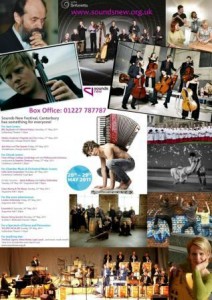 The Choir of King’s College, Cambridge will be giving the UK premiere of Arvo Pärt’s Adam’s Lament in a concert in the Cathedral on Friday 27; Pärt is this year’s Guest Composer, and the same concert also features his Cantus in Memoriam Benjamin Britten as well as Britten, Gorecki and Nicholas Maw.
The Choir of King’s College, Cambridge will be giving the UK premiere of Arvo Pärt’s Adam’s Lament in a concert in the Cathedral on Friday 27; Pärt is this year’s Guest Composer, and the same concert also features his Cantus in Memoriam Benjamin Britten as well as Britten, Gorecki and Nicholas Maw.
Choral evensong earlier in the afternoon on the same day will include Pärt’s I Am The True Vine and Magnificat, with the Choir of Canterbury Cathedral directed by David Flood. Elsewhere during the festival season, there’s also a conference on Baltic music and musicologies, and papers on the music of Pärt in particular.
The BBC Big Band will be appearing in the Gulbenkian Theatre on Sunday 21 with Duke Ellington’s jazz-wise glance at Tchaikovsky’s Nutcracker, whilst the New Perspective Ensemble on Friday 27 presents music by Magnus Lindberg and Oliver Knussen. There’s also a premiere by the festival director Paul Max Edlin, and music by Sofia Gubaidulina, Poul Ruders, Ligeti, Sørensen, Nørgård and others. Some of the festival will be broadcast on Radio 3’s ‘Hear and Now’ series, including Glass’s Symphony no.3 for strings and pieces by Terry Riley and Pärt on Thursday 26.
This year marks the launch of Sounds New Poetry, and includes the University’s very own Patricia Debney, Senior Lecture in Creative Writing, in a discussion about the relationship between words and music called ‘Roundtable’ on Tuesday 24 at 6pm.
WIth a host of other events including poetry, workshops, film and talks, there’ll be something for everyone. Full details on the Sounds New website, or click here to download the flyer.
Stimulate your senses…



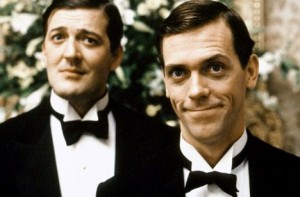 And when it comes to perspective, P. G. Wodehouse’s marvellous comic creations, Jeeves and Wooster, are the yin and yang: Bertie’s pure enjoyment (unhindered by anything remotely akin to an intellectual understanding – one of his charms), and Jeeves’ clinical knowledge which admits of no emotional response at all (one of his).
And when it comes to perspective, P. G. Wodehouse’s marvellous comic creations, Jeeves and Wooster, are the yin and yang: Bertie’s pure enjoyment (unhindered by anything remotely akin to an intellectual understanding – one of his charms), and Jeeves’ clinical knowledge which admits of no emotional response at all (one of his).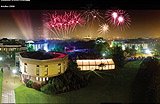


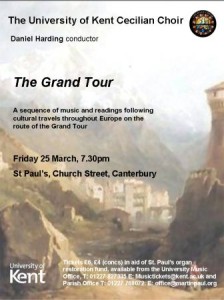

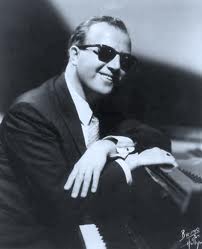

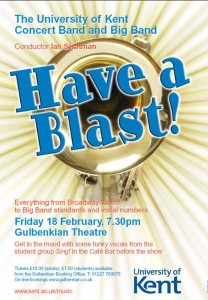

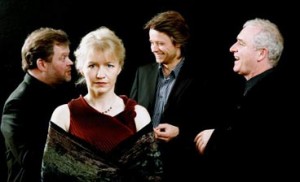
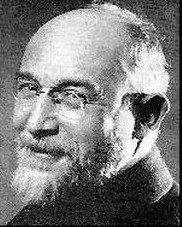
 Composed in 1917, at a time when the rest of the world had gone mad with wholesale slaughter and mechanised forms of destruction, Satie’s evocation of the Classical period is a reminiscence of, almost a hankering after, an old order where unity and structure prevailed; at the same time, his usurping of its principles reflects the breakdown of society and its values which was going on around him: despite its apparent jocular tone, the shadow of the Western Front is never far away.
Composed in 1917, at a time when the rest of the world had gone mad with wholesale slaughter and mechanised forms of destruction, Satie’s evocation of the Classical period is a reminiscence of, almost a hankering after, an old order where unity and structure prevailed; at the same time, his usurping of its principles reflects the breakdown of society and its values which was going on around him: despite its apparent jocular tone, the shadow of the Western Front is never far away.